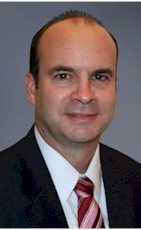
- Spas, Health & Wellness
- Wellness Tourism: Creating Better Experiences, Increasing Revenue & Boosting Brands
In this article, we explore wellness tourism and how the hospitality industry as a whole can better leverage wellness to maximize revenue. A new perspective and one that comprehensively addresses the domains of wellness can offer significant insights into maximizing hotel spa revenue by creating better products, experiences, and promotions. Further, research is introduced from Wellness Tourism Worldwide including PEACE, an acronym that frames the wellness traveler experience as both a mental process and as an outcome,. Other hospitality consultants weigh in on the subject. READ MORE



















